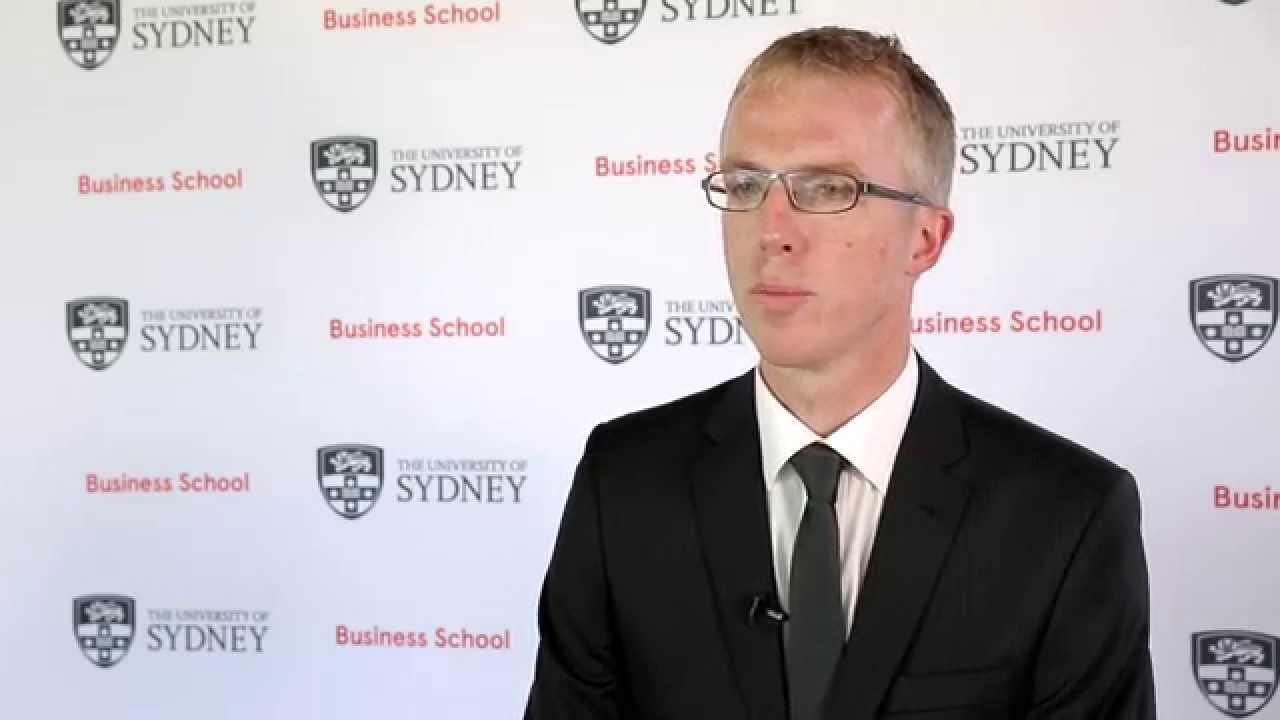Sydney, April 21: At least 60 percent of international students who work in Sydney are being paid below the federally mandated minimum wage of $17.29 per hour, according to a University of Sydney Business School survey.
When measured against applicable award rates, the survey found that an even greater number of Sydney based international university students are being exploited, particularly by employers in the retail and hospitality sectors.
Around 90 percent of those working in retail are being paid less than the award rate of $18.99 an hour, while more than 80 percent of waiters in hospitality are paid less than the minimum award rate of $18.47.
Around 75 percent of the international students surveyed were between 20 and 24 and many were in the workforce for the first time.
The Business School’s Associate Lecturer in Work and Organisational Studies, Dr Stephen Clibborn, who conducted the survey, described the exploitation of international students as “staggering” and called for more support for the Fair Work Ombudsman.
“The Fair Work Ombudsman is doing a very good job trying to enforce our employment laws with very limited resources,” Dr Clibborn said.
“The Federal Government needs to step in with additional resources if we are going to have any chance of ending this abuse.”
Education now ranks as Australia’s second largest export industry after natural resources with around 400,000 international students enrolled in the nation’s education institutions.
“Many have basic or poor English language skills and they don’t know their rights or how to enforce them,” said Dr Clibborn. “They are also away from home for the first time and are cut off from their natural support networks.”
“This situation is further aggravated by the fact that there is an oversupply of student workers in some areas and this leaves many feeling that they can be easily replaced if they complain.”
Dr Clibborn goes on to point out that union membership is low in retail and close to non-existent in restaurants and cafes.
“When you combine these conditions with inadequate enforcement of the law, these students are blocked from travelling the normal pathways to justice,” he said.
While a lack of government funding for enforcement and current migration policies are largely to blame, Dr Clibborn concluded by saying, “business owners must also understand and live up to their legal responsibilities. The problem is that with so many employers underpaying their workers, it is becoming more difficult for honest business owners to compete and operate profitably.”

